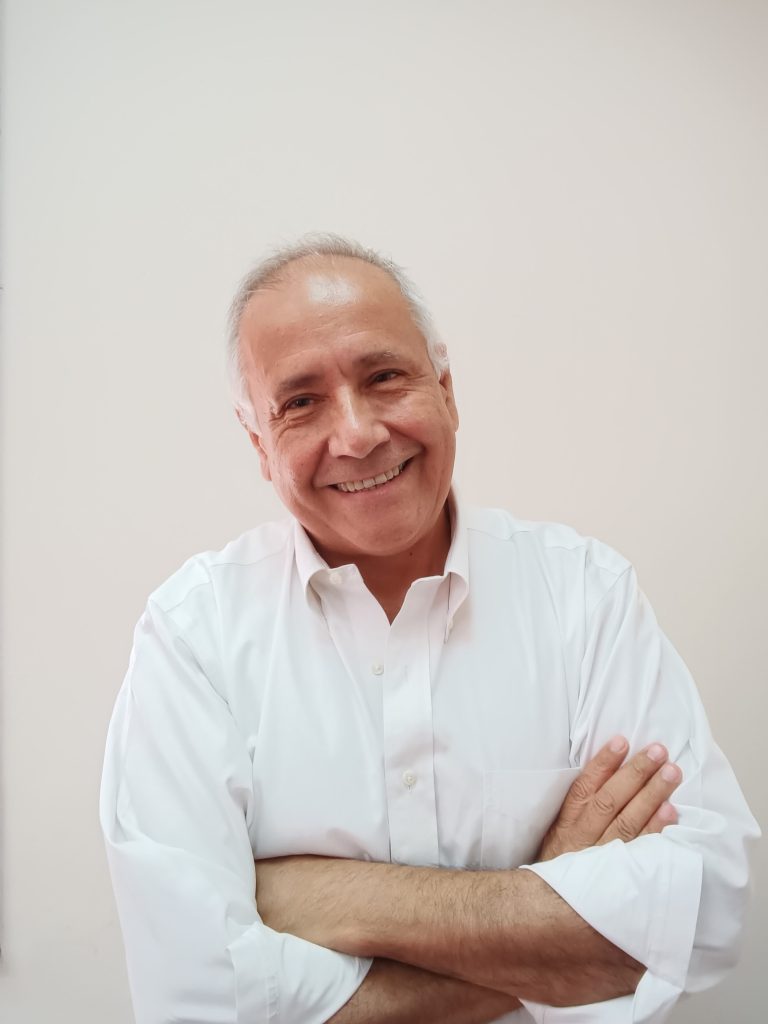How does Tunning take care of the sustainability of its operations?
Tunning becomes part of the mining ecosystem, supplying process automation and electrical Scada products and services to the largest mining corporations in the world.
Claudio Jara, founder and general manager of Tunning, explains that in the company’s ecosystem there are formal commitments to sustainability in its various dimensions including aspects of the environment, communities, life and safety.

How do you address these different dimensions?
In environmental aspects, Tunning builds control systems for the obtaining, transportation, recycling and use of water, greenhouse gas emissions; of gases harmful to people and the environment; and MP-10 dust, in addition to generating energy saving mechanisms that impact the reduction of the environmental impact of operations.
In community issues, Tunning collaborates by actively seeking the hiring of local personnel, identifying professionals and supporting their career development through participation in high-tech projects. Along with this, we work to be a good neighbor in the places where we maintain permanent staff.
On the other hand, in matters of life and safety we participate in and encourage accident safety and quality of life initiatives for our staff and our environment.
How has this been reflected in a specific Tunning experience?
In a major underground mining operation in the Antofagasta Region, Chile, for example, our challenge was to augment local Calama staff for the execution of high-tech work on electronic and industrial software systems.
What we did was look for local personnel with general knowledge and involve them in the activities through training and guidance processes so that they learned the specific skills and knowledge required.
So far, 50% of the contract’s technical staff is local. With this, we achieved improvements in several dimensions in terms of sustainability, including the relationship with the local community, the reduction in the number of plane trips and, with it, the carbon footprint of the contract, in addition to contributing to the quality of family life of our collaborators, who can return home every day.
Have you addressed water management in any of your projects?
In a maintenance contract for the control systems of a desalination plant for an important mining company in Chile, one of the key problems was sustainability and the use of water.
There is a social dimension in terms of relationships with communities that feel the future availability of water is at risk, especially in a climate change scenario where rainfall has been consistently decreasing. Furthermore, water is a central element of local flora and fauna.
Tunning collaborated with the effort that the mining company is making to replace the use of continental waters with that of desalinated seawater. Thus, we support the start-up and maintenance activities of the plant’s process control systems.
And in terms of gas management, what have they faced?
We developed a black smoke control system in a copper foundry. In this type of operations, different gases are generated depending on the process stages. These include harmful chemicals such as SO2, arsenic and others.
The challenge is to prevent them from affecting the environment with phenomena such as acid rain, through the management of gases so that they are not released into the atmosphere. On the other hand, it is necessary to minimize CO2 emissions, which is a greenhouse gas. Tunning supplied the control system for the black smoke plant, thereby supporting compliance with the country’s environmental objectives.







